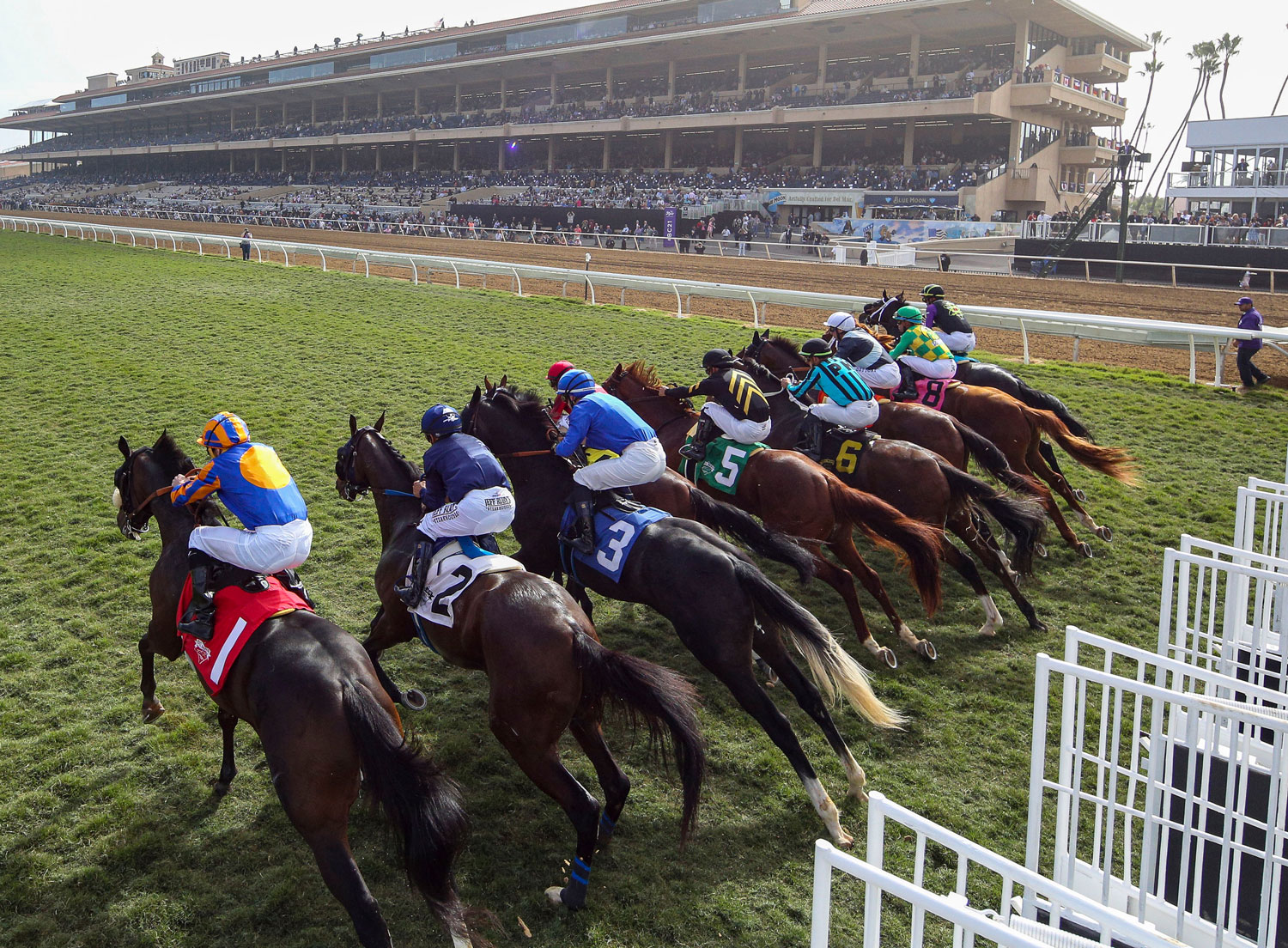There’s a surprisingly large population of horse owners who have experienced a case of colic immediately after giving a horse treatment to get rid of worms. This has led to a belief that certain types of paste wormer (or even, all wormers) cause colic in some horses. This is a myth. Paste wormer does not cause colic.
What is Colic?
To understand why this is a myth, it’s important to first properly define what colic is. According to the UC Davis School of Veterinary Medicine, colic is “a vague term that indicates clinical signs of pain in the abdominal cavity. It is not a specific disease, but rather a combination of signs that signal the presence of abdominal pain in horses.”
There are several different types of colic. The type of colic most frequently observed in correlation with worming is intussesception, where the intestine slides back into itself and causes a blockage that triggers an episode of colic. Another type associated with paste wormers is gas colic (also called spasmodic), which is generally caused by inflammation along the gastrointestinal line or over-fermentation of food in the large intestine.
The Correlation Drawn Between Wormers and Colic
Most reported post-deworming colics occur within 12 hours of using a wormer — and to horses who have not been on a regular deworming program. To understand the correlation, it’s important to know more about the two most common offenders: roundworms and tapeworms.
- Roundworms live in the small intestine. The roundworm larvae bury themselves in the wall of the intestine and in the blood vessels. When owners administer deworming medication to kill the worms, the dead worms can turn into an obstruction in the intestine, causing impaction colic. This is a particular problem in young horses or in horses that have not been on a regular deworming program. Some veterinarians recommend administering one-half the dose of wormer, then a week later, administering the second half to avoid a large buildup of dead worms that can cause impaction.
- Tapeworms are most often associated with gas colic and impaction colic, and cause colic in two ways: first, by doing damage to the intestine, and second, after worming. In the first type of colic, adult tapeworms affect the cecum, causing erosions, ulcers and inflammation that lead to severe pain. The pain is thought to result in a spasm-type colic, intestinal impaction or intussusception. The second type of colic occurs when a horse has a bad tapeworm infestation and is dewormed. In these cases, the wormer causes the parasite to release antigens as it disintegrates, causing what vets believe is an allergic reaction in the horse that can trigger a case of colic.
Putting Your Horse on a Regular Deworming Program is Essential
It’s important to remember that any type of worm that affects the digestive system can cause colic. For example, large strongyles (or redworms) also cause an inflammation of the arteries, decreasing blood flow to the intestine and causing damage that impacts the overall digestive health.
For that reason, it’s important to remember that the risk of a horse colicking after worming is far less than the risk of colic caused by an infestation of worms. The most susceptible populations to post-deworming colic are old horses, young horses and those with a heavy parasite load.
While there are some correlations between paste dewormers and colics, it is a myth that paste wormers cause colic. Keeping your horse on a regular deworming program is an essential part of good digestive health.



